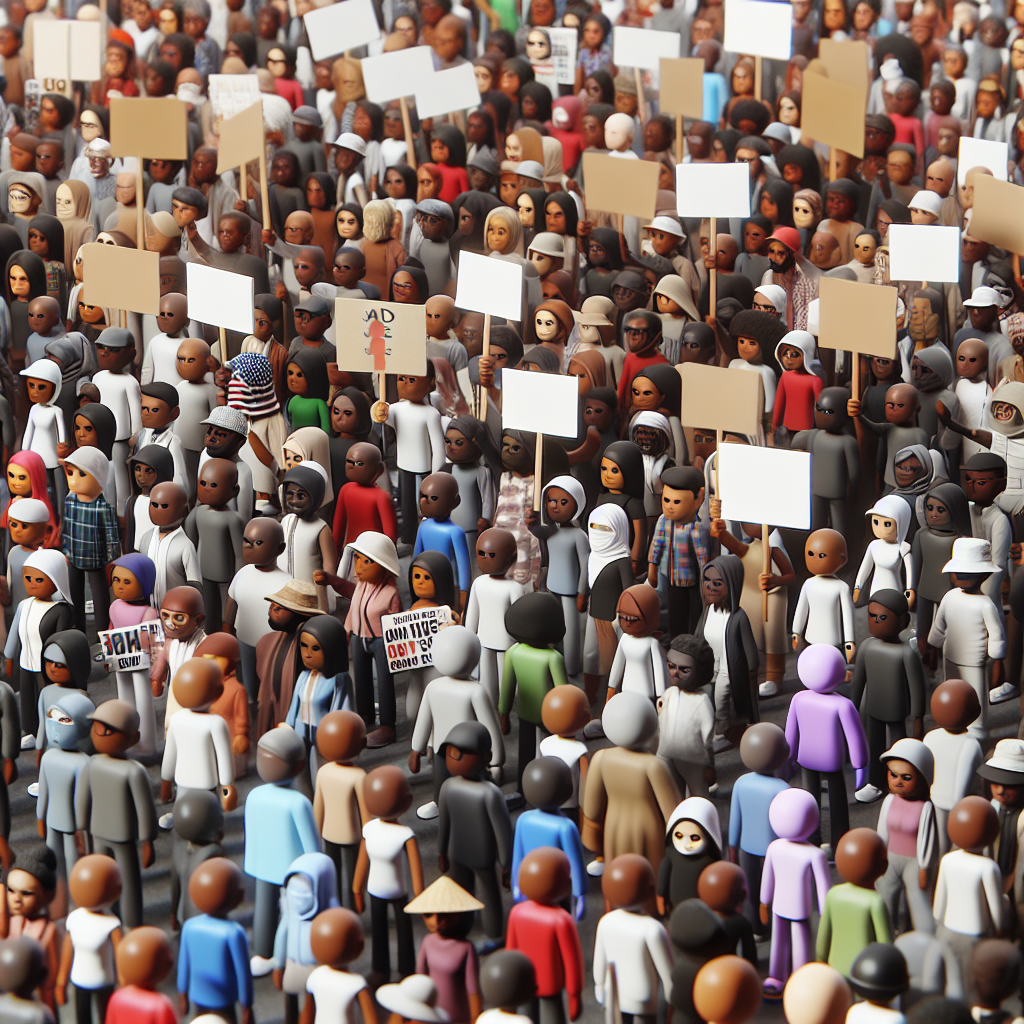Madagascar's Political Crisis: Youth-Led Protests Challenge Rajoelina
In Madagascar, Gen Z-inspired protests have escalated since September 25, over water and electricity shortages, challenging President Andry Rajoelina. Demonstrators, backed by the elite CAPSAT military unit, demand his resignation. With fatalities and injuries reported, it's the most significant political crisis since Rajoelina's re-election in 2023.

Protesters broke new ground in Madagascar on Saturday as they entered Antananarivo's May 13 Square for the first time since protests commenced last month, guided by military forces.
Initially sparked by issues such as water and electricity shortages on September 25, the demonstrations have intensified, marking a significant challenge to President Andry Rajoelina's governance following his 2023 re-election. On the same day, a faction of the army, instrumental in Rajoelina's 2009 coup, reportedly called for soldiers to support the youth-led protests, as per local sources.
The CAPSAT special forces unit, crucial in Rajoelina's ascent, openly appealed for unity with the demonstrators demanding his resignation. Media circulated footage showed CAPSAT soldiers urging their peers to stand with "the people."
Leading military figures, including the chief of staff and a senior Ministry of the Armed Forces official, promoted dialogue. A broadcast showed soldiers escorting protesters into the politically charged May 13 Square, under military guard throughout the unrest.
Protesters want Rajoelina to resign, apologize, and dismantle the senate and electoral commission. Recently, he replaced his cabinet with a new prime minister.
The United Nations reports at least 22 fatalities and 100 injuries, though the government disputes this, with Rajoelina stating 12 deaths involved in the protests.
(With inputs from agencies.)










